In an unprecedented move that sent shockwaves through diplomatic circles, Canada recently removed 41 of its diplomats from India just before a critical deadline. This decision has sparked speculation and raised questions about the reasons behind the move. This article aims to shed light on Canada’s decision, analyze the potential implications, and explore the underlying fears that may have prompted this preemptive action. As the international community closely watches these developments, it becomes crucial to understand the context and significance of this diplomatic maneuver
Unraveling Canada’s Decision
To comprehend Canada’s removal of 41 diplomats from India, we must delve into the factors influencing this bold move:
- Deadline Pressures and Bilateral Tensions:
The timing of Canada’s decision holds inherent significance. It occurred just before a deadline related to India’s new regulations, which posed challenges for foreign diplomats’ ability to work effectively within the country. Additionally, strained bilateral relations between Canada and India in recent years may have contributed to this decision. - Security Concerns and Rising Regional Tensions:
Regional dynamics also play a role in Canada’s decision. The growing regional tensions, particularly in South Asia, coupled with India’s complex geopolitical position, might have raised security concerns for Canadian diplomats stationed in the country.
Unpacking India’s New Regulations
To fully grasp the implications of Canada’s decision, it is crucial to understand the nature of India’s new regulations and their potential impact:
- Restrictions on Diplomatic Activities:
India’s new rules introduced stringent measures that imposed limitations on various diplomatic activities. These regulations not only affected the movement and operations of foreign diplomats but also raised concerns regarding diplomatic immunity and engagement with local entities. - Strained Relations and Reciprocity:
Given the strained relations between Canada and India in recent years, the imposition of new regulations may have heightened anxieties about potential retaliatory measures targeting Canadian diplomats. Canada’s decision to remove 41 diplomats may have been a proactive step to safeguard its interests and ensure the safety of its diplomatic corps.
Analyzing the Implications
Canada’s decision to remove 41 diplomats from India holds significant implications for both countries and the international community at large:
- Impact on Bilateral Relations:
This move is likely to strain already fragile relations between Canada and India. It may contribute to a heightened sense of mistrust and hinder the prospects for meaningful dialogue and collaboration on various fronts. - Loss of Diplomatic Capacity:
Canada’s removal of diplomats reduces its diplomatic presence in India, potentially affecting its ability to effectively communicate and engage with its Indian counterparts. The absence of key personnel on the ground could impede diplomatic efforts and hinder bilateral cooperation in various domains. - Signaling Diplomatic Discontent:
Canada’s decision sends a powerful message about its dissatisfaction with India’s regulatory changes and broader regional developments. It highlights the concerns and apprehensions held by the Canadian government, emphasizing the need for meaningful dialogue and a resolution to the underlying issues. - Broader Geopolitical Ramifications:
This diplomatic maneuver and its repercussions extend beyond the Canada-India bilateral dynamic. It draws attention to the evolving geopolitical landscape in South Asia, the challenges faced by foreign diplomats, and the delicate balance between national security interests and international engagement.
Conclusion
Canada’s decision to remove 41 diplomats from India created a significant ripple effect in diplomatic circles. This preemptive move highlighted the underlying fears and concerns that drove Canadian authorities to take such decisive action. As the international community continues to monitor developments, it becomes imperative for both Canada and India to find common ground, address bilateral tensions, and foster an environment conducive to cooperation. Only through dialogue and diplomacy can the potential repercussions of such actions be managed, enabling the two nations to navigate challenges and pursue shared objectives on the global stage.














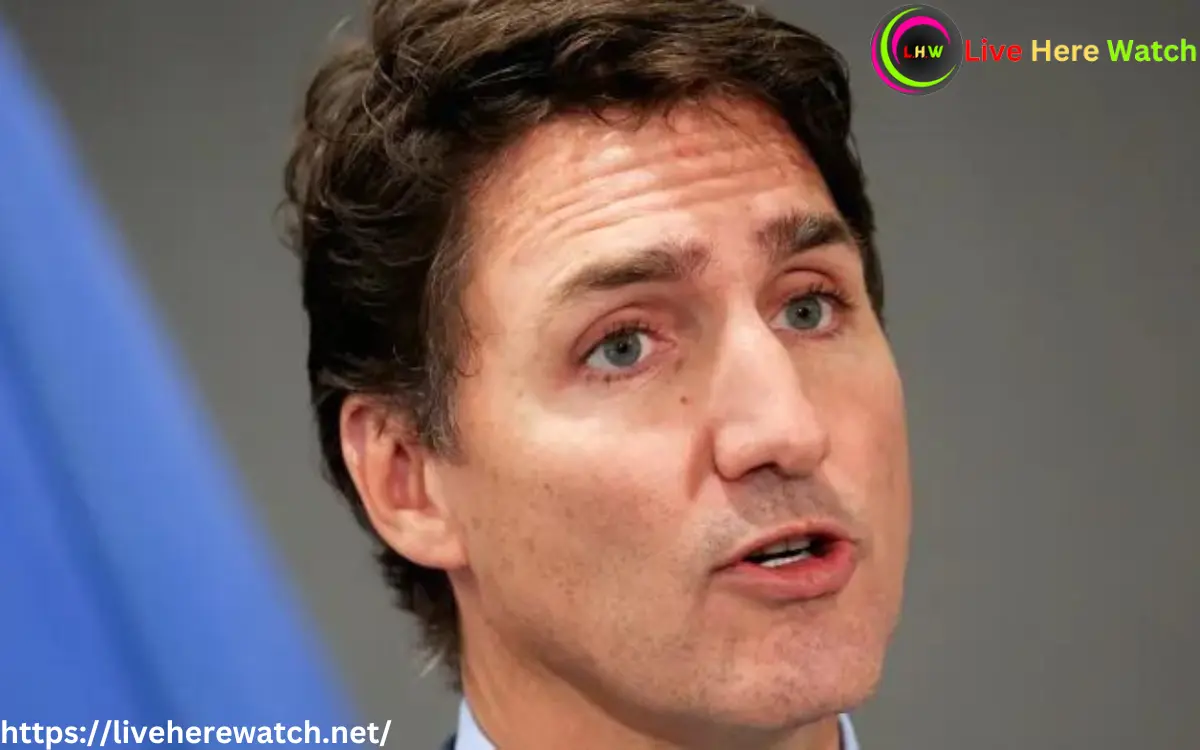
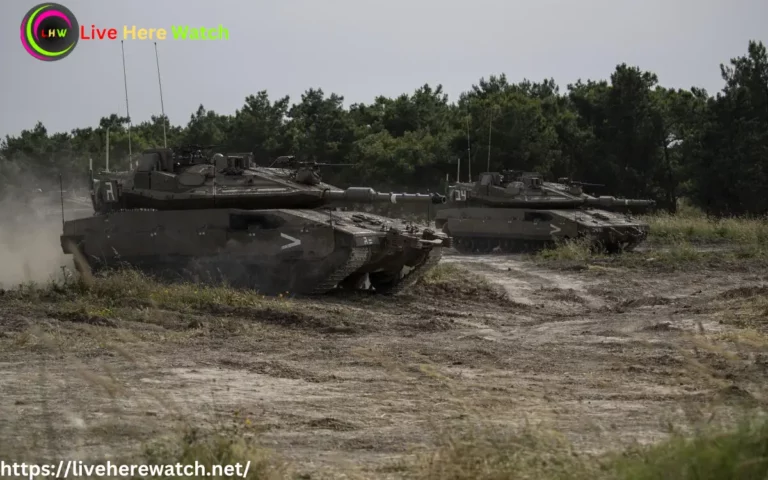

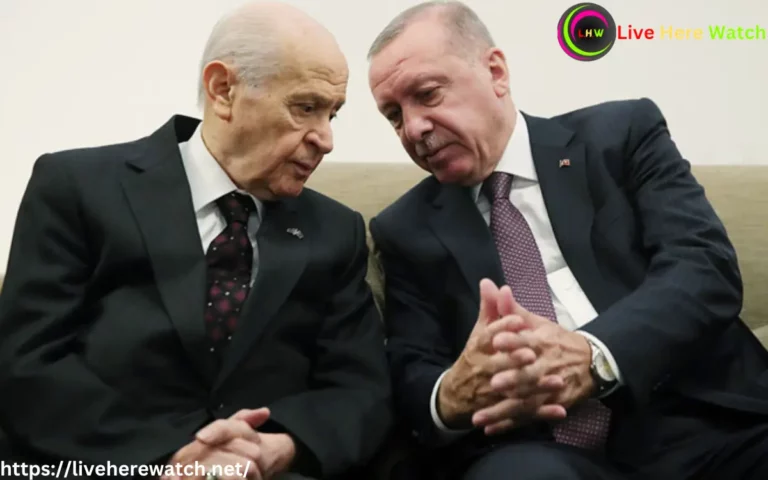


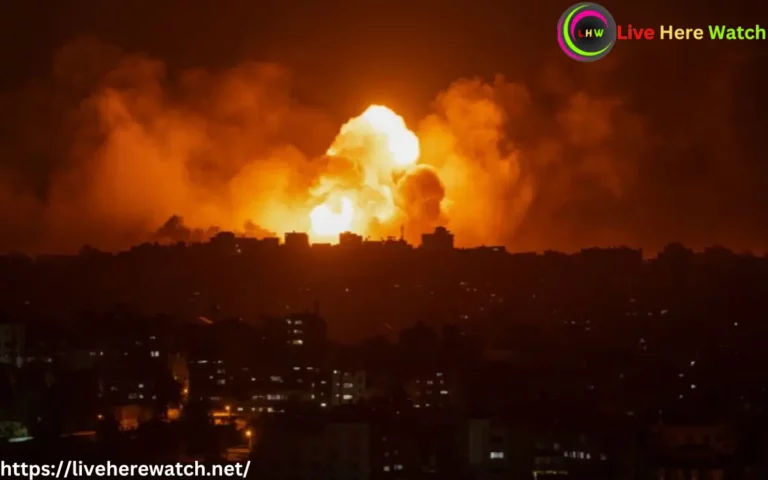
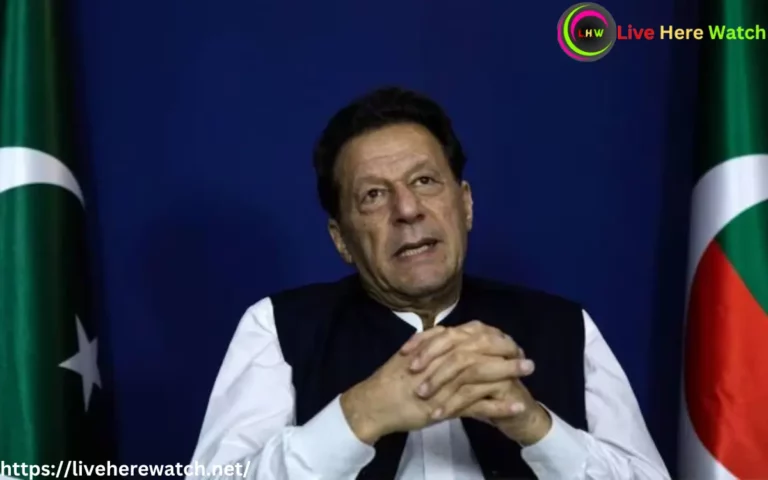


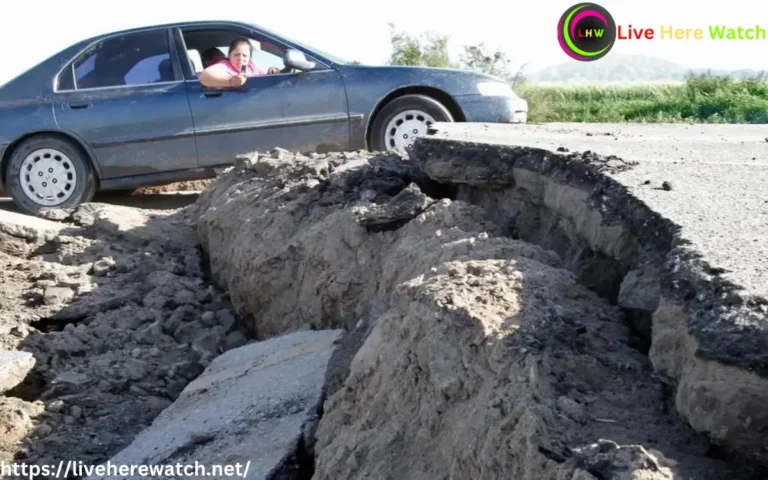
+ There are no comments
Add yours